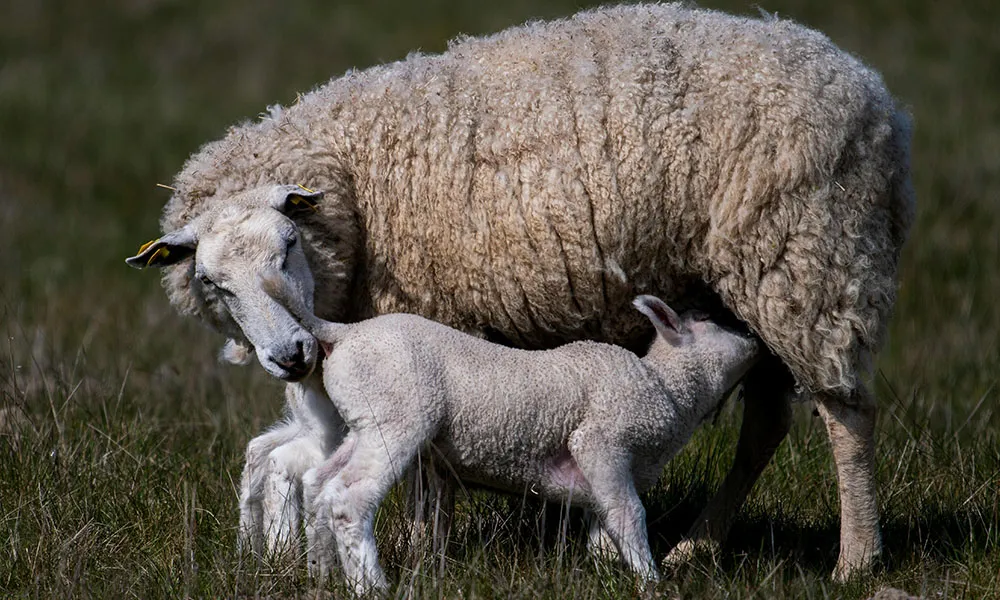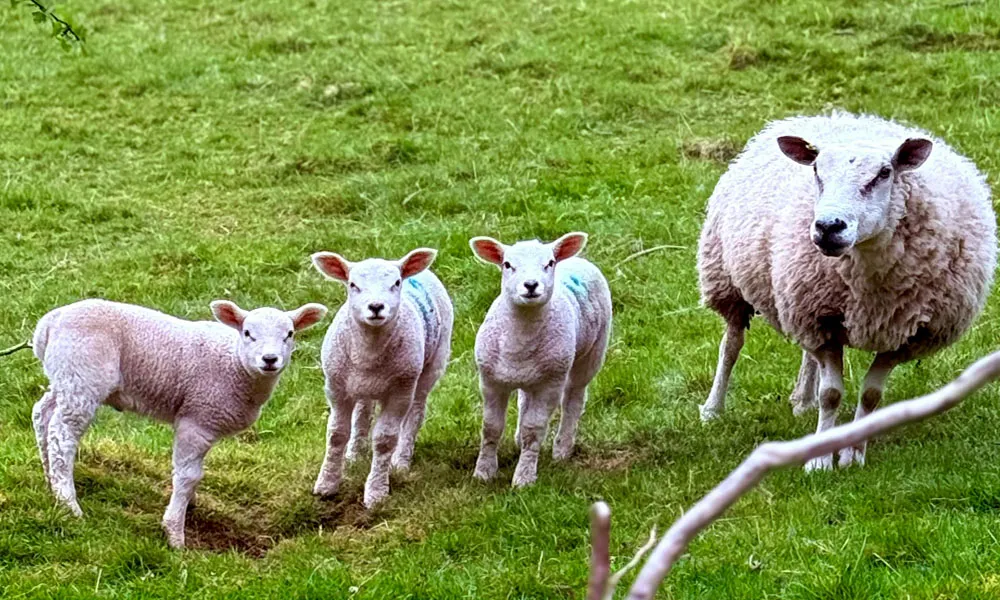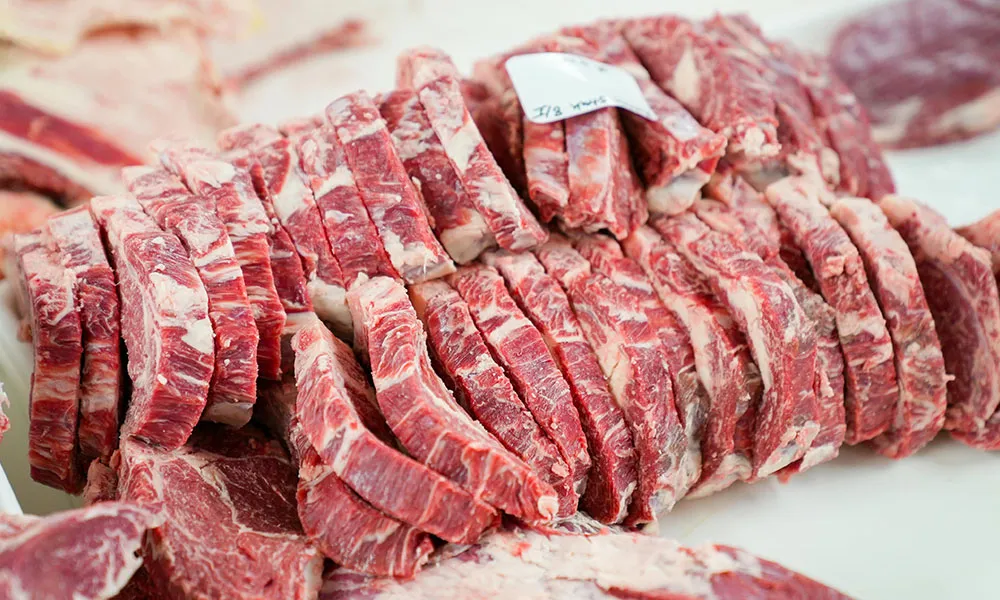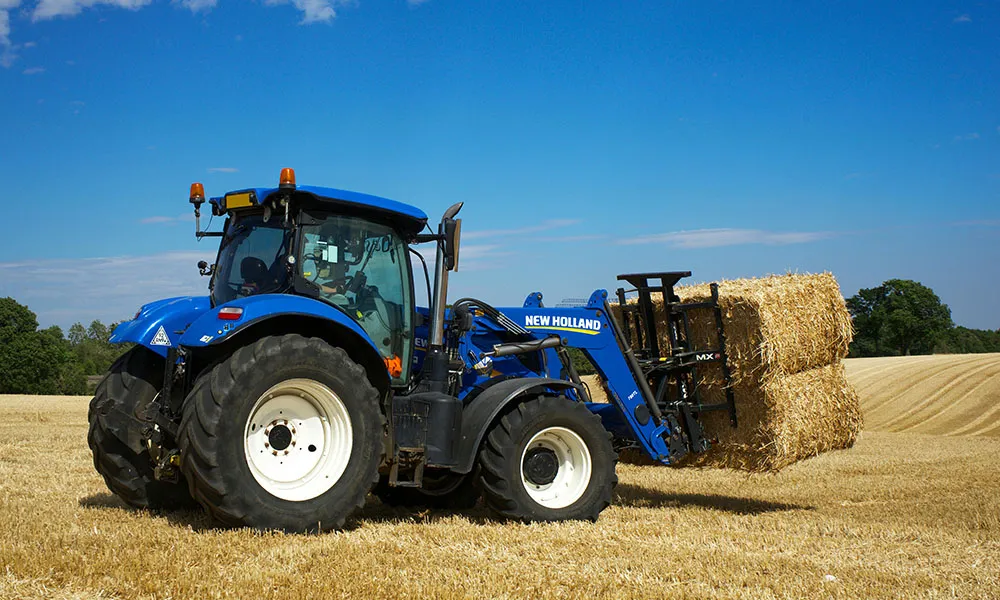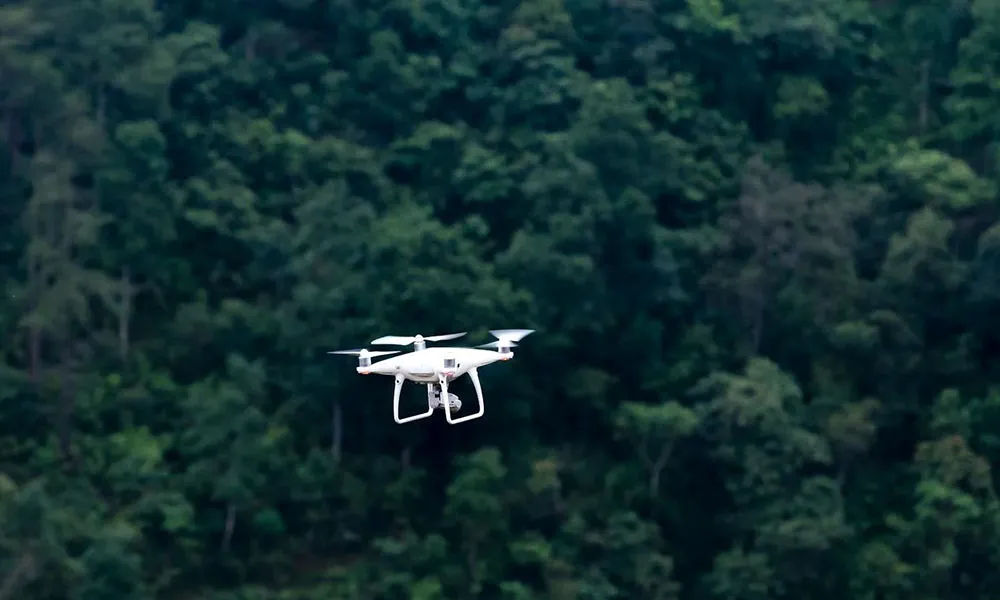
Artificial Intelligence and the farm
The advent of Artificial Intelligence (AI) is already impacting all our lives. Since first appearing in late 2023, generative chatbots like AI Deepseek and ChatGPT are having huge implications – both positive and negative – in sectors like education, with educators scrambling to revise teaching and assessment techniques in an environment that has changed radically and irreversibly.
From the farmer’s point of view, this raises an obvious question: what will artificial intelligence mean for the direction of agriculture in the years ahead? This is a fraught question, since we cannot be certain of the direction that AI will take and the extent to which governments will attempt to curb or control its development. Nonetheless, we can probably make some reasonably accurate predictions based on current trends within the sector.
Artificial Intelligence in Stock Management
You may be surprised to learn that AI is already being used on some farms in Ireland. Indeed, some farmers rely on this technology without realising they are using AI at all. This is particularly true in the case of larger farm systems, where animal health may be monitored using specialised collars, which can detect subclinical signs of disease. Similarly, there are various types of sensors and cameras that use elements of AI to track and analyse an animal’s physical condition, helping the farmer to monitor BCS etc.
We can expect this kind of technology to be more prevalent in the coming years, as it becomes less expensive and more widely available.
Tillage farming
Artificial Intelligence may end up having a bigger impact on tillage farming. There is already technology available that allows the user to plant seeds, detect weeds and monitor the quality of soil. Drone tech is also being adapted to cater to AI, with AI-equipped drones being used to scan fields for signs of disease and pest infestations. The key here is that AI allows for earlier identification of problems, enabling the farmer to take prompt and often preemptive action.
This will have the added benefit of reducing the need for routine treatment with fertiliser and pesticides.
Should we be worried about AI in farming?
So far, so good perhaps. But I know that a lot of farmers are concerned about what AI will mean for them and their farms. Some small scale farmers fear that AI will further tilt the balance in favour of the larger farms that can afford to purchase this technology, thereby reducing production costs and effectively pricing the smallholder out of business.
To be honest, this is a fear that I share. Farming organisations like the IFA, if they are serious about representing all farmers equally, will need to be vigilant with regard to this threat in the years ahead. If AI is to play a larger part in Irish agriculture, Governments will need to ensure that the small man is not left behind. Subsidies and training should help to offset this risk, but Government will only agree to implement such measures if there is pressure to do so.
Data protection
Leaving aside the obvious risk that AI might pose to the small farmer, if policy is not properly managed at the state level, there are also concerns about data safety. AI is essentially a means of data collection and analysis, and its use on farms entails the collection of large amounts of farm-related data. Not every farmer will be comfortable with owners of AI firms having access to data about their farm and its produce. Some farmers are worried that such data might fall into the wrong hands and, if the recent behaviour of major tech companies is any guide, this concern is also valid.
Again, regulation at the state and EU level will be essential if this risk is to be offset. One of the strengths of the European Union over the years has been its willingness to regulate tech firms, and Brussels will have to figure out how best to regulate AI to ensure the safety of end product users, including farmers. There has already been some movement on this front, with the EU AI Act introduced last August aiming to address initial concerns about the advent of Artificial Intelligence. Here at Agridirect.ie, we will be keeping a close eye on how EU legislation in relation to AI might impact farmers on the ground over the coming years.
Final thoughts
In short, it seems inevitable that Artificial Intelligence will revolutionise farming in the long run. The potential it holds to make food production more efficient is undeniable. However, there are undeniable risks associated with adoption of this technology. Ultimately, a lot will depend on how legislators choose to respond to its development whether governments decide to prioritise the safety and wellbeing of the end user over the demands of the tech firms.





